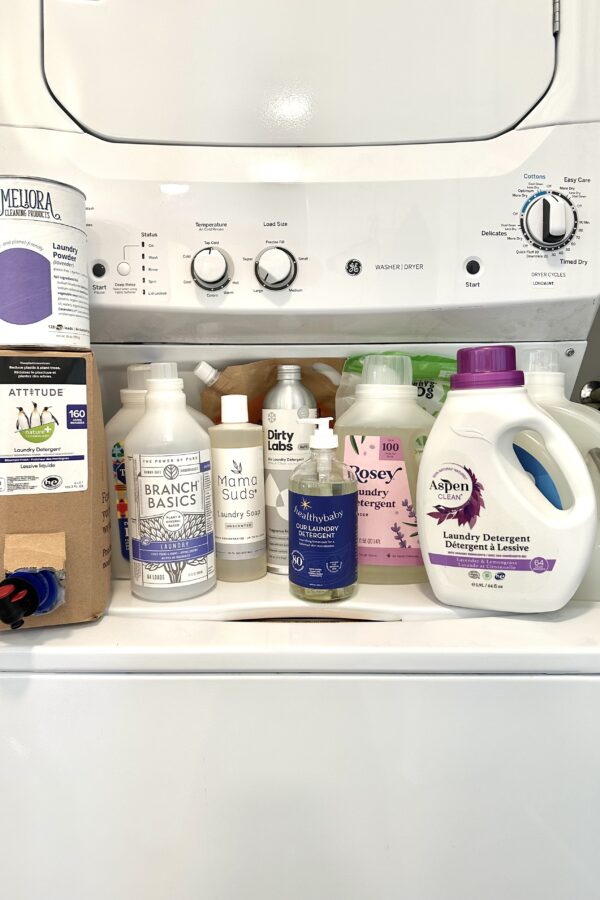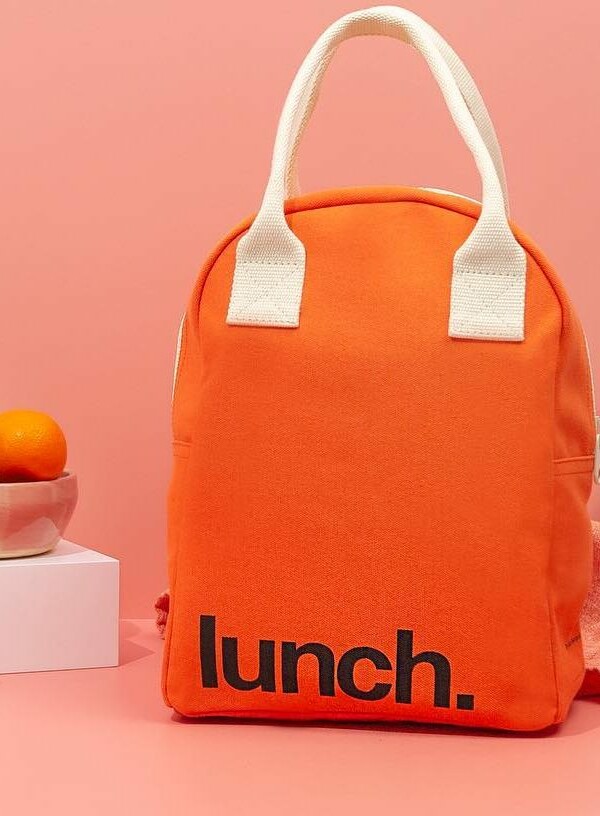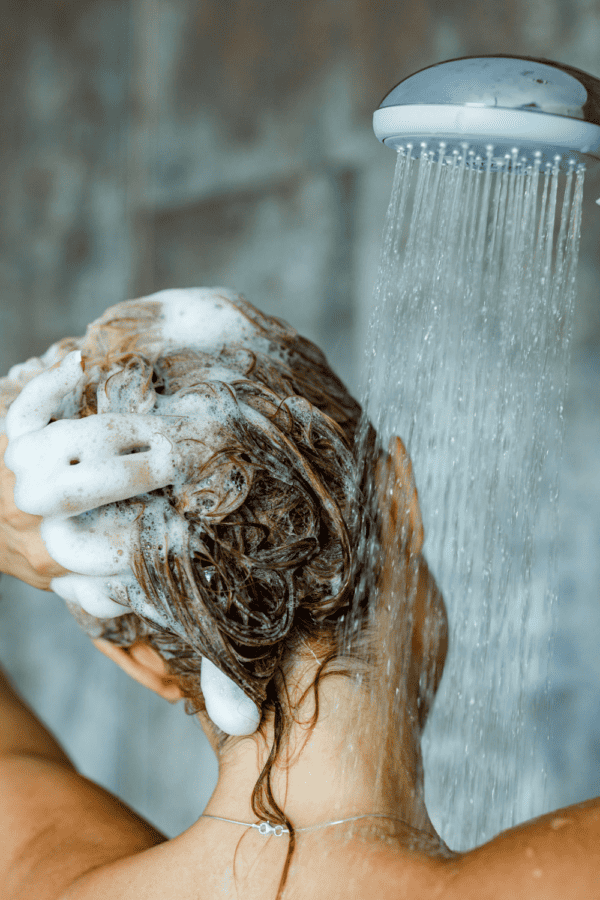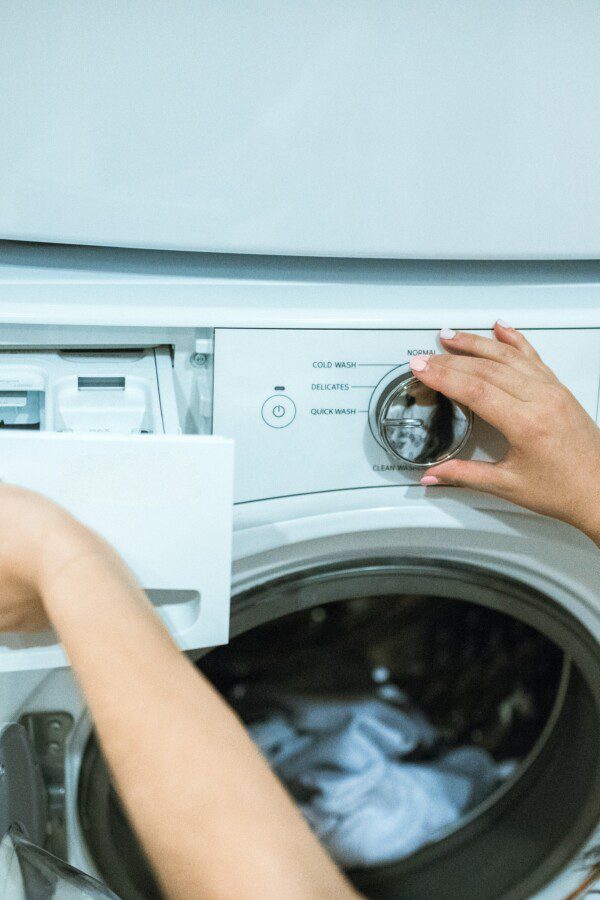Written by Colleen S.
Conjure up a mental image of a hammock. Maybe it’s on a stand in some peaceful corner of a porch, shaded from the sun, or maybe it’s tied between two palm trees, close enough to the ocean to hear the sound of the waves.
Mmmm. It’s relaxing just to think about it. 😎
If you decide to act on that fantasy and buy a hammock, there’s more to consider than just the look and feel of it. What’s it made from? Are there any toxic finishes added?
Natural materials like organic cotton and hemp are generally better than their plastic-alternatives. But you’ll also want to consider whether or not there have been any PFAS chemicals added to make it “weathersafe” or “water-resistant.”
In this article, I’m going to talk about what to look for in the best organic hammocks and then I’ll give you brand suggestions to help you pick out which one is best for you.
Table of Contents
This guide contains affiliate links, which means we may earn a commission if you decide to make a purchase. As always, we only make recommendations that are genuine. Featured Image Credit: West Elm
Why Go For Organic Cotton & Hemp Hammocks?
According to the Environmental Justice Foundation in the U.K., there are many chemicals used in cotton production that are hazardous to human health, and six that are particularly toxic. These chemicals can poison workers in cotton fields and harm ecosystems.
Then there are synthetic materials like nylon and polyester, which are commonly used by many conventional hammock manufacturers.
These plastic materials have their upsides when it comes to performance. They are (sometimes) more durable when it comes to things like hardcore camping, and they tend to be more resistant to things like mold when compared to cotton. (Hemp, on the other hand, is naturally anti-microbial and mold-resistant, so it can be a better alternative to cotton for that reason.)
As you may know, these synthetic fabrics are made from petroleum, they can shed harmful microplastics that are now being found in human blood and lungs, and they don’t biodegrade.
This is why more and more people are choosing to buy products made with natural and organic materials when they can.
Be Careful of Toxic Water-Resistant Additives
One other important thing to consider when buying a hammock (or other outdoor gear, clothing, or shoes) is whether or not there are PFAS added.
PFAS, nicknamed “forever chemicals,” are a toxic family of chemicals that, among other things, are often added to outdoor gear in order to increase water resistance. PFAS are linked to a pretty long list of health concerns, including cancer, heart disease, birth defects, and more.
This is something to be aware of when shopping for hammocks.
Look for Companies that Care
It’s inspiring to learn about companies that are striving to make safe, high-quality products and are doing their best not to damage anyone or anything in their production process. Not all small businesses with these goals can afford to complete certification processes, but it’s good to look for certifications in established companies.
These labels include GOTS to ensure materials have been grown without the use of harmful pesticides, Fair Trade to ensure workers were paid a living wage, FSC for wood from sustainably managed forests, and OEKO-TEX for products that have been tested for certain toxins.
The Best Natural & Eco-Friendly Hammocks on the Market
More and more companies are springing up with a vision to produce safe, quality products manufactured in ways that are good for the environment and good for the workers who make them. Here are a few hammock suggestions:
Rawganique

Materials: Organic Hemp from Romania
Price: $139-189
Although their products are a great choice for anyone, Rawganique specifically serves chemically-sensitive folks, processing and manufacturing their organic cotton, linen, and hemp products with no chemicals or harmful dyes.
Rawganique stands by the claim that none of its products off-gas harmful toxins, and they don’t import from parts of the world that widely use chemicals in their materials.
The Rawganique One-Person Hemp Canvas Hammock is made in Romania from hemp naturally processed with no chemicals. Hemp is the strongest plant fiber, so it makes a great choice for a weight-bearing product like a hammock. The hammock measures 80” long and 35.5” wide, with untreated wood spreader bars, and fits most hammock stands.
They also have a Two-Person Hemp Hammock as well as an even more affordable Hemp Rope Hammock.
West Elm

Materials: Organic Cotton
Price: $270-399
Certifications: GOTS certified cotton + Fair Trade + Standard 100 by OEKO-TEX
West Elm’s indoor/outdoor hammock is made in Nicaragua from white-finished organic cotton and has two teak spreader bars. Its weight capacity goes up to 350 pounds.
Most of West Elm’s products are in-house designed in Brooklyn and made by traditional artisan collectives all over the world, with fair trade practices in place for working conditions and payment. A simple, natural elegance pervades the brand, from furniture to lighting, linens, art, and household supplies.
La Siesta


Materials: Organic cotton from South America
Price: $199
Certifications: GOTS + FSC
Hammocks are the only product La Siesta Makes, so they have a wide range of choices, including:
- classic hammocks
- kids’ hammocks
- travel hammocks
- and hanging chairs.
Not all their products are organic, but all their organic products have the above certifications.
La Siesta sells organic cotton hammocks and hammock chairs for both adults and children in varying styles and colors. Their GOTS certification ensures that the dyes, as well as the cotton, are tested for safety and good environmental practices.
Its Organic Cotton Kingsize Hammock Chair comes in eight beautiful color weaves, from white and black, to pink, to turquoise, and more.
With a width of 3’9” and a length of 5’1”, there’s plenty of room to curl up or spread out!
*Be aware that La Siesta does have a collection of “weather-resistant” hammocks that are made using their HamacTex fabric. This fabric most likely contains PFAS. We’ve reached out to the La Siesta team to ask about this but unfortunately never received an answer.*
Hangloose Hammocks Hawaii

Materials: 100% cotton (certain collections)
Price: $200
Certifications: B Corp, Fair Trade Federation, ISO 9001
Not all of Hangloose Hammocks’ products are made out of natural fibers, but they do have a 100% cotton collection with several different colors available.
This is a family business based on the island of Maui, which has a mission to provide small-batch, handmade hammocks from artisans operating in safe and sustainable working environments.
Their 100% cotton collection of hammocks are handwoven on the Yucatan Peninsula of Mexico, using traditional methods and employing local artisans.
Some of their other hammocks are made with synthetic materials, so just make sure you check before buying!
Caring for Your Organic Hammock
The downside of organic fabrics is that they aren’t waterproof. If they stay damp for long, they can grow mold.
Your cotton or hemp hammock will last much longer if you can take it down and store it in a dry place before it rains. If it does get wet, make sure it dries in an airy and sunny place as soon as possible.
If you take that precaution with your eco-friendly hammock, you’ll have pure relaxation waiting for you for years to come.
What About Yellow Leaf Hammocks?
Yellow Leaf Hammocks is a popular sustainably-minded brand. Their hammocks are handwoven by craftspeople “in the hills of Northern Thailand” who are paid a living wage for their work. They’re certified by B Corp and Made in a Free World, and they’ve even been on Shark Tank.
Some of their hammocks are made from cotton (dyed or undyed), while others are made from a synthetic material which they’re not clear about.
Yellow Leaf advertises their hammocks are “weathersafe,” which indicates the material may be treated with PFAS. We reached out to Yellow Leaf to ask whether or not their hammocks contain PFAS, and unfortunately, they didn’t answer our question. They replied saying that “The Signature Hammocks are made with a softspun solution-dyed acrylic, the gold-standard for outdoor textile durability.” When we followed up to ask again about PFAS, they didn’t reply.
So unfortunately, due to the lack of transparency about their fabrics and materials, we can’t recommend Yellow Leaf at this time. Maybe in the future!
I hope you found this guide helpful! To stay updated on the latest shopping guides, news, and more, be sure to sign up for our weekly email newsletter.




